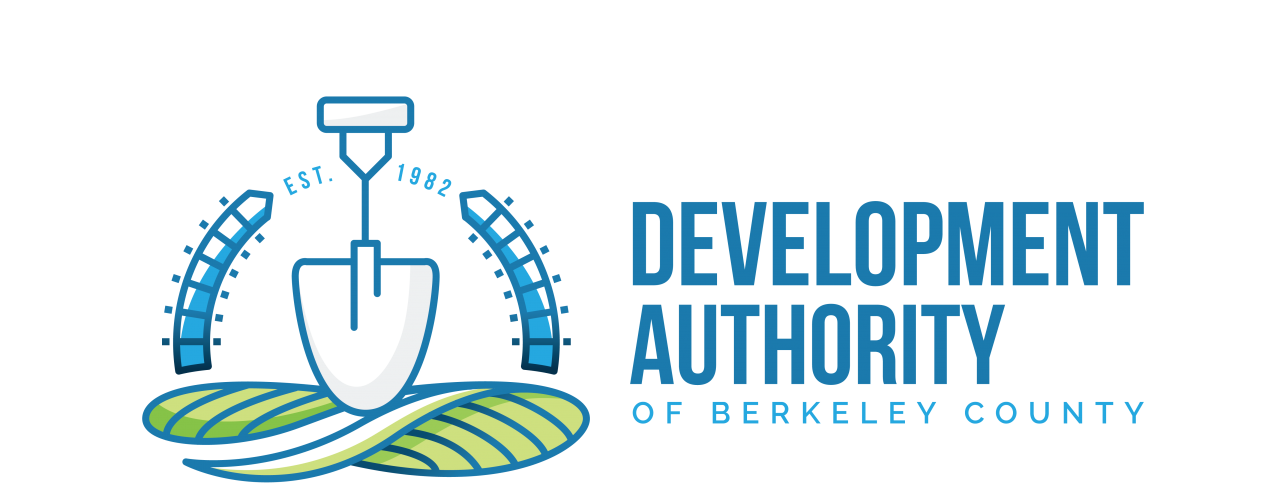Every new generation impacts the previous ones in how we as society position ourselves globally, how we consume, and in building our workforce.
Each generation previously sought information to make personal, career and global decisions. The latest generation, known as Gen Z, is flipping the script and forging a new path of economic development.
To understand Gen Z, let’s define them through the generations that proceeded them:
Generational Overview
Millennials: 1977 – 1995
Generation X: 1965 – 1976
Baby Boomers: 1946-1964
Note: Generations tend to have a defining historical moment that impacts and influences them sociologically, i.e. Post-WWII, 9-11, etc.
Generation Z
- Does not remember 9-11
- The oldest are turning 23 years old in 2019
- Will become the fastest growing generation in the workforce within the next five years
- Currently the fastest growing consumer generation
Millennials
- Defining moment was 9-11
- The average age is over 30; the oldest is just over 40
- Largest number in the workforce now; more in managerial roles than any other generation
Generation X
- Parents of Generation Z
- Entering midlife stage
- Occupying largest number of business leadership roles
Baby Boomer
- Still active and influential
- Many are staying longer in the workforce
To put it into further context, Generation Z were born with technology in their hands and global engagement at their fingertips. Digital connection is a vital and intrinsic part of their part of their daily lives. Not for the sourcing of information, but for the experience.
For them, the Digital Experience is the Human Experience.
As the fastest growing consumer generation, their preferences are the edge of new technologies and are becoming economic development in the workforce.
In future posts we will further explore to define Gen Z, how businesses can market to them, and how over the next five years the workforce needs to prepare for them.
Source: Center for Generational Kinetics








